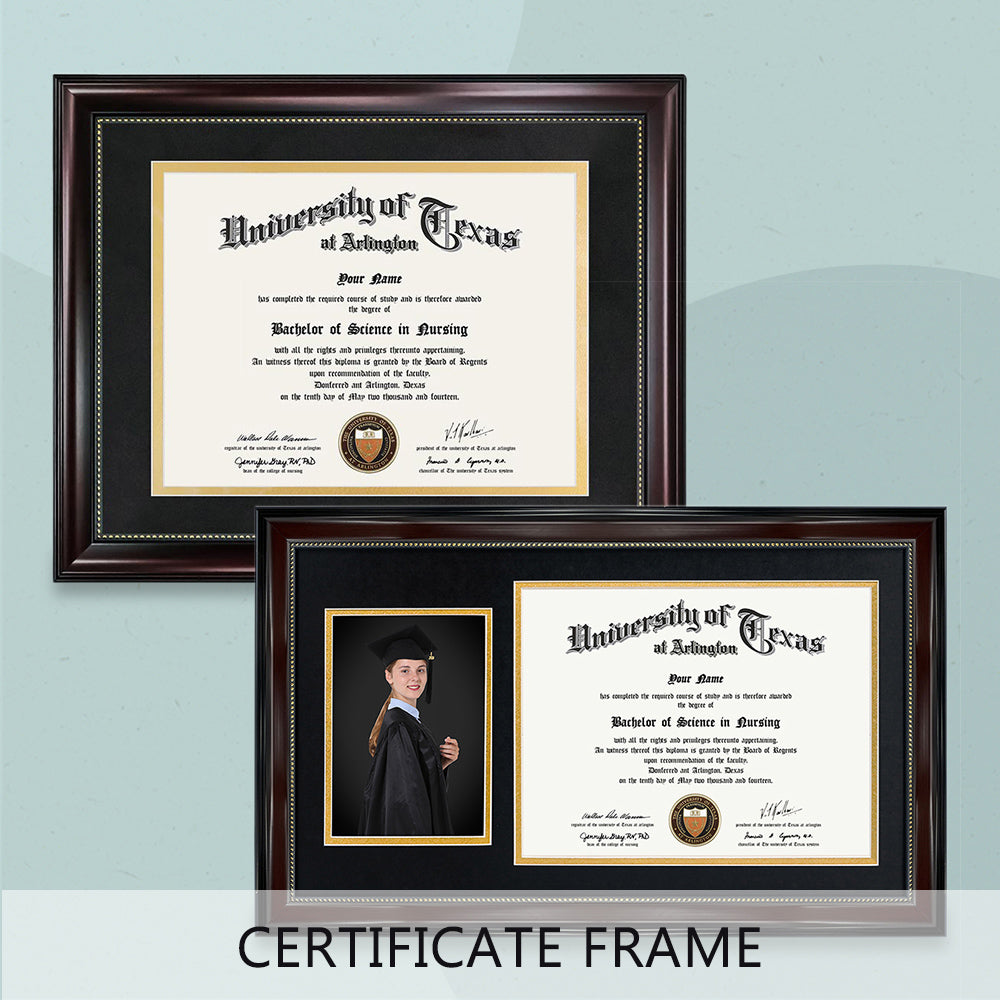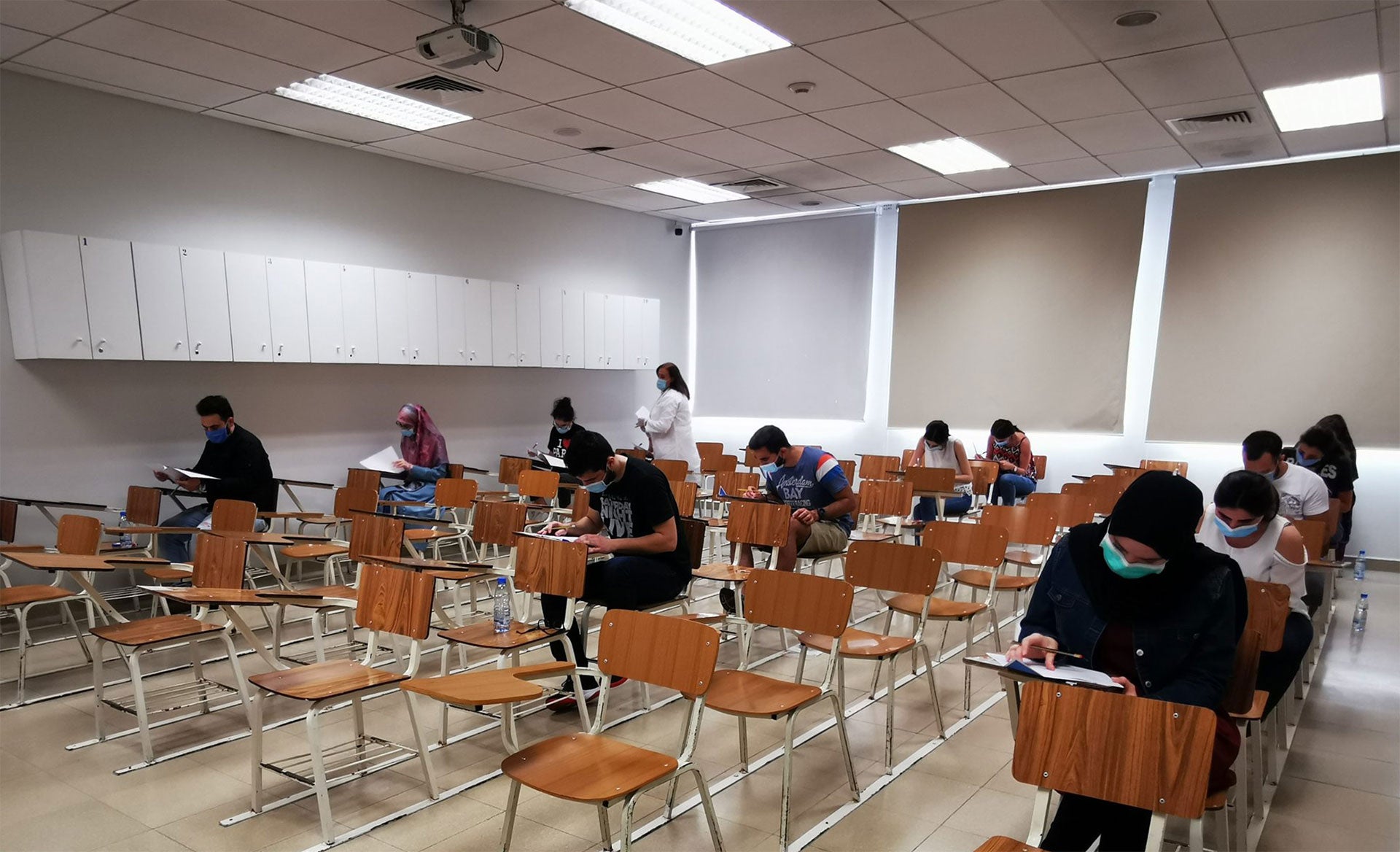Since we have now entered into September, we can’t help but share our excitement for those who are entering into a new chapter of life as they face the challenges that accompany entering into college. This time of year is new for many and we are sure that many don’t even know where to start. Many face the challenge of choosing a career field or of choosing which college to attend and some even face the challenge of choosing whether or not to take online classes or to go and enjoy the full experience of living on campus. Regardless of what challenges one faces, there is for sure one aspect that every young adult has to experience: Advanced Placement (AP) Exams.
AP exams are exams that are taken by students during their last year of high school as they aspire to enter into college. The reason why these exams are taken is that it allows students the opportunity to prove their knowledge regarding the content and skills of the specific AP classes (college-level classes) that they have taken in high school. Normally, the exams are taken every May, and they are administered within the high school or at exam centers. The major benefit of taking these exams is that students can possibly receive college course credit to help them fulfill their major and minor requirements quicker. Likewise, taking these exams can potentially award advanced placement. Considering that these exams are not only standard but that they offer benefits to graduating students. We would like to utilize the rest of the article to provide some tips for doing well on these exams.
Bring Something to Drink and Munch On for Break
This tip actually goes without saying since students are allowed to bring something to drink and to eat during the break time towards the middle of the exam. It is important to use that time to regain new energy to finish the last leg of the test time strongly. Equally, we recommend that students eat something before test time to have some energy and to feel good for the start of the exam.
Get the Easiest Questions Out of the Way
This tip is probably something that most of all students have heard of, but not many heed the tip because they decide that they would like to do the opposite and get the hard questions out of the way. The problem with getting the hard questions out of the way first is that after doing so, it could be that there isn’t enough time left for getting the easiest questions done. By ensuring that students get the easiest questions out of the way, each student can then maximize the number of points that they will be sure to receive since they know that the easiest questions will have been answered correctly.
Answer All Questions Intelligently
It is critical for every student to answer every question; this tip goes hand-in-hand with the first tip because by answering all the easiest questions first, one can focus on the hardest questions without worrying about not receiving a fair-share number of points. When we speak about answering all questions intelligently, we are referring to having students use their intuition. For example, on multiple-choice questions, students can eliminate the answers that they feel or know are far from correct. By doing this, as Sherlock Holmes would most definitely do, students can have a better chance of guessing the right answer in order to gain more points. On essay type questions, students can give their best guess based on what they remember; this will ensure that they gain partial points for having answered the questions relevantly instead of not answering and receiving zero points.
Strengthen Yourself with Positive Self-Talk
There is nothing like telling yourself “You got this! Don’t Give up!”. If students keep their own self-esteem and morale up, then it will be easier to focus and to do the best that they can since they will not get stuck with the pressure of doing a good job. Furthermore, this will ensure that students don’t give in to the fear of failing. By giving into fear and by feeling the pressure that accompanies the challenge of doing well on the exam, students may lose time because they will either think too hard or they will not have a clear mind to think about how they need to answer the exam’s specific questions. In the long-run, it could be that they fail to gain specific points that they otherwise would receive with ease.
























Leave a comment
This site is protected by hCaptcha and the hCaptcha Privacy Policy and Terms of Service apply.